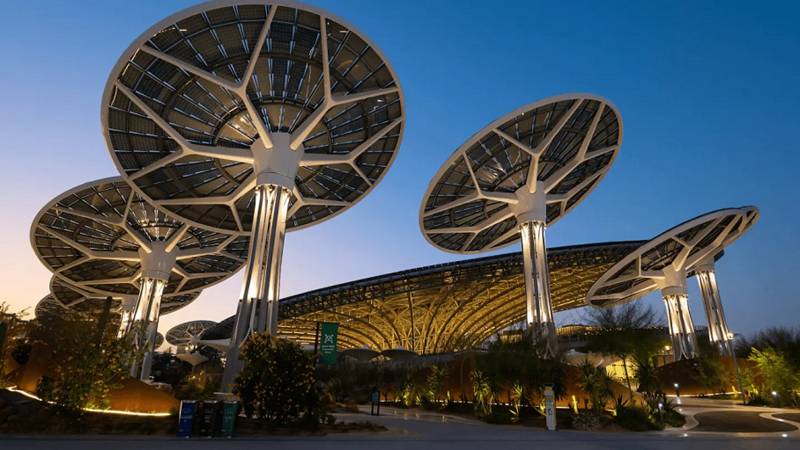
Beyond the broad spectrum of greenhouse gases (GHGs) contributing to climate change lies the intricate interplay between human activities and their environmental impacts. While carbon dioxide dominates the GHG composition, other gases like methane, nitrous oxide, and fluorinated gases exert varying yet substantial influences. Their origins ranging from fossil fuel consumption to agricultural practices and industrial applications paint a complex tapestry of emissions sources. Addressing these emissions calls for not just mitigation but a fundamental shift in human behaviour, societal structures and economic paradigms.
The significance of carbon dioxide lies not just in its prevalence but in its persistent presence in the atmosphere. Actions to reduce CO2 emissions are imperative, but equally critical is enhancing carbon capture and storage technologies to mitigate the already accumulated levels. Yet, while the longevity of CO2 poses challenges, methane, with its relatively short atmospheric lifespan, demands urgent attention. The potency of methane as a GHG necessitates targeted efforts to curtail emissions from sources like agriculture, particularly from livestock and rice cultivation, and methane leaks in the energy sector.
Nitrous oxide, albeit a smaller contributor, possesses a significantly higher global warming potential than CO2 and a lengthy atmospheric lifetime. Strategies to mitigate nitrous oxide emissions encompass efficient fertiliser management, promoting organic agriculture, and implementing precision farming techniques. Similarly, fluorinated gases, despite their minimal proportion, wield immense warming potentials and require stringent regulations and technological shifts in industries reliant on these compounds.
It’s essential to recognise that combating climate change is not solely the responsibility of governments or international bodies. It’s a collective endeavour necessitating the active engagement of citizens, businesses, academia, and civil society. The power to influence change lies in individual actions, from reducing personal carbon footprints to advocating for systemic shifts. Empowering individuals with knowledge and tools to effect change becomes paramount in this shared struggle.
The ongoing COP28, the United Nations' crucial climate conference in Dubai, stands as a beacon of hope—a pivotal moment to steer global efforts towards a more sustainable path. This assembly isn’t merely about discussions; it’s an arena for commitment, collaboration, and concrete actions. It’s an opportunity to not just evaluate past pledges but to set bolder targets, chart ambitious strategies, and catalyse initiatives that recalibrate our collective approach to climate action.
In envisioning a sustainable future, the road ahead demands a holistic approach encompassing technological advancements, policy innovations, and a societal shift towards sustainability. Embracing renewable energy sources, fortifying infrastructure for resilience, and fostering sustainable agricultural practices are not just choices but imperatives for a thriving planet. Simultaneously, fostering green innovation that delivers tangible solutions while ensuring governance structures are conducive to effective climate action remains pivotal.
In the pursuit of COP28 and beyond, the onus is on every individual and entity to play their part in steering our collective destiny towards a sustainable, climate-resilient future. It’s not merely about combating climate change; it’s about securing a legacy that future generations can inherit with hope, not despair.
It’s the collaborative efforts, the innovative solutions, and the unwavering dedication that will define our success in facing this monumental challenge. As we take strides towards COP28, let it mark not just another conference but a turning point, a global commitment to preserving our planet and securing a sustainable legacy for generations to come.

